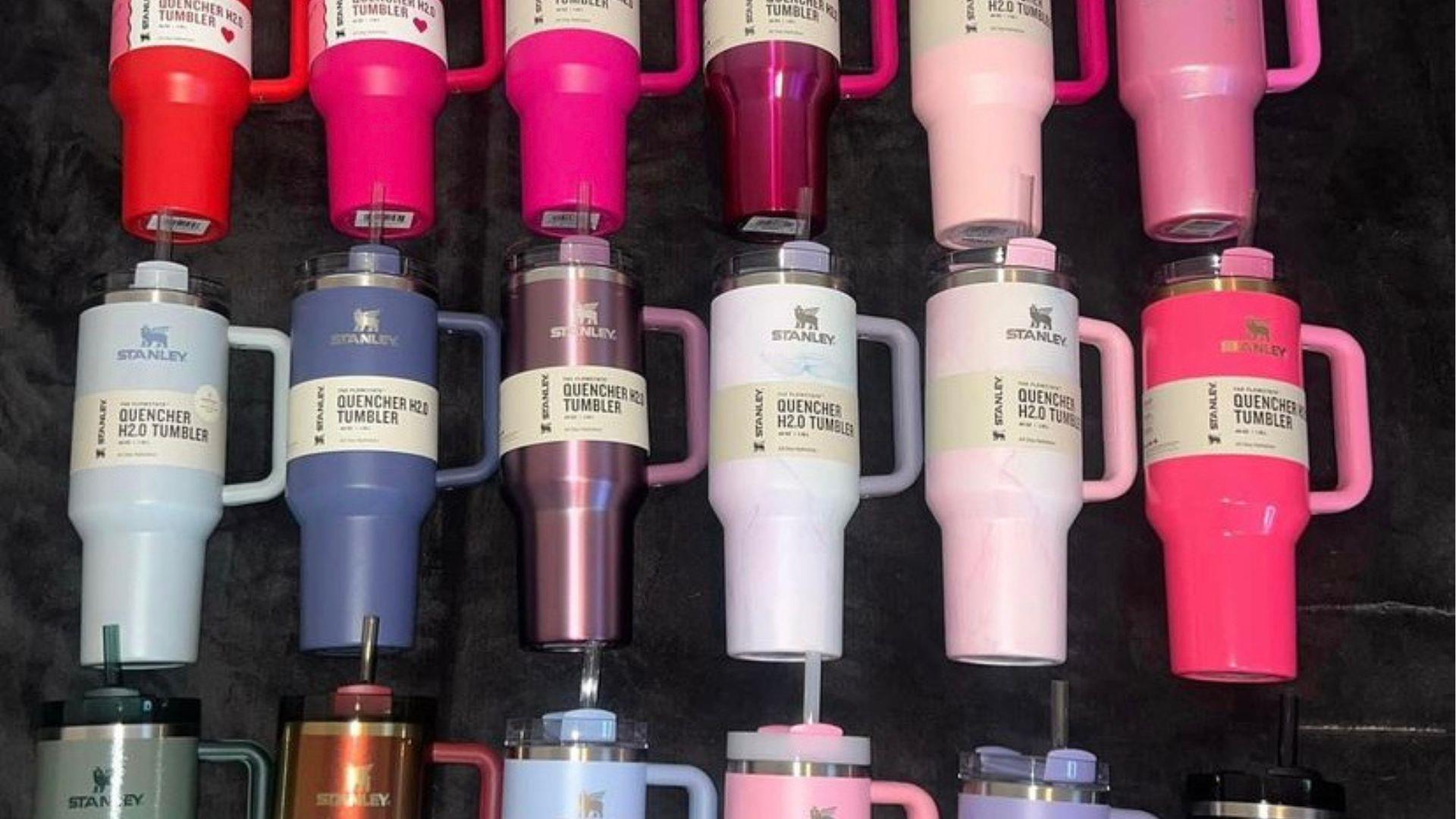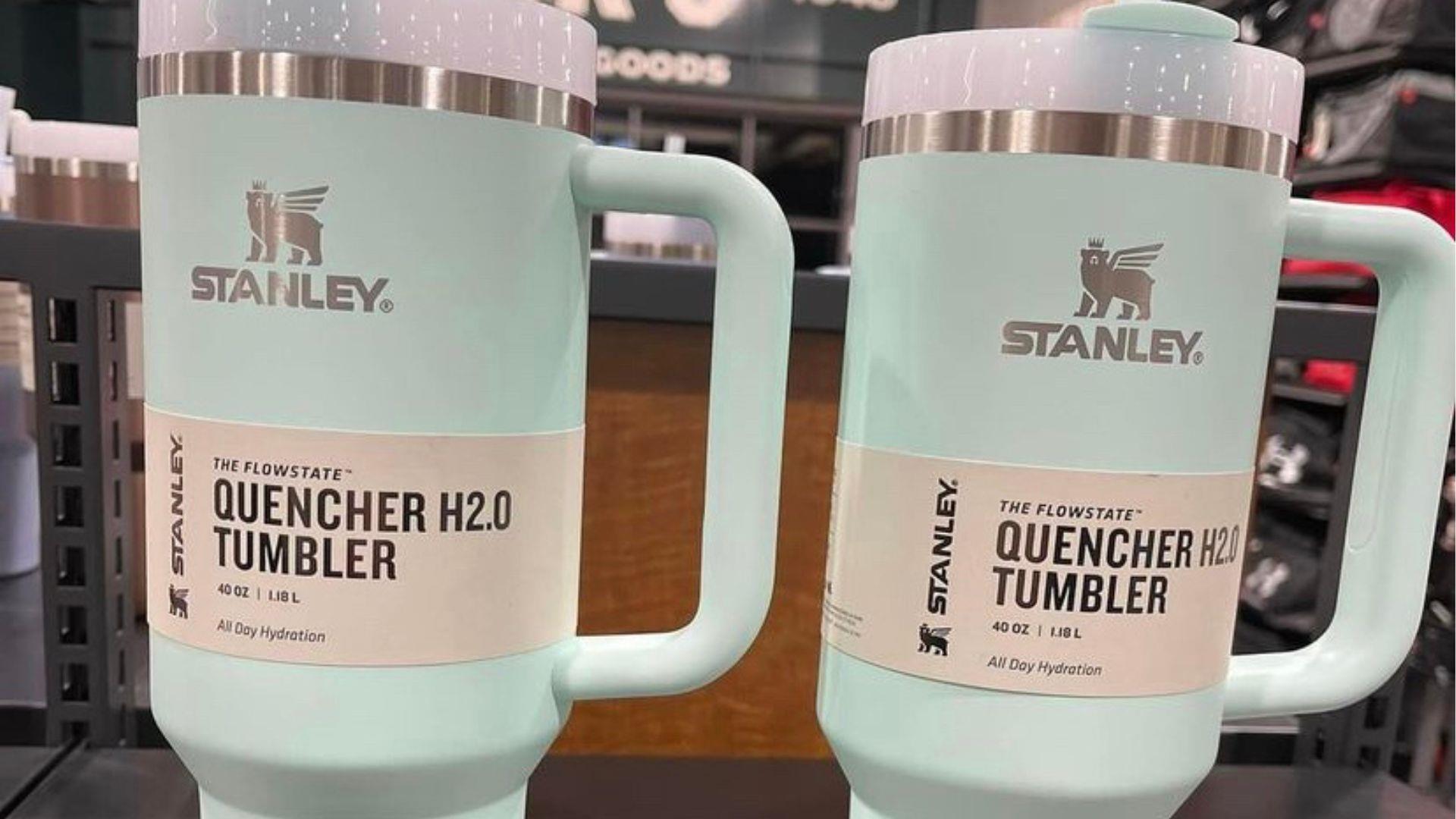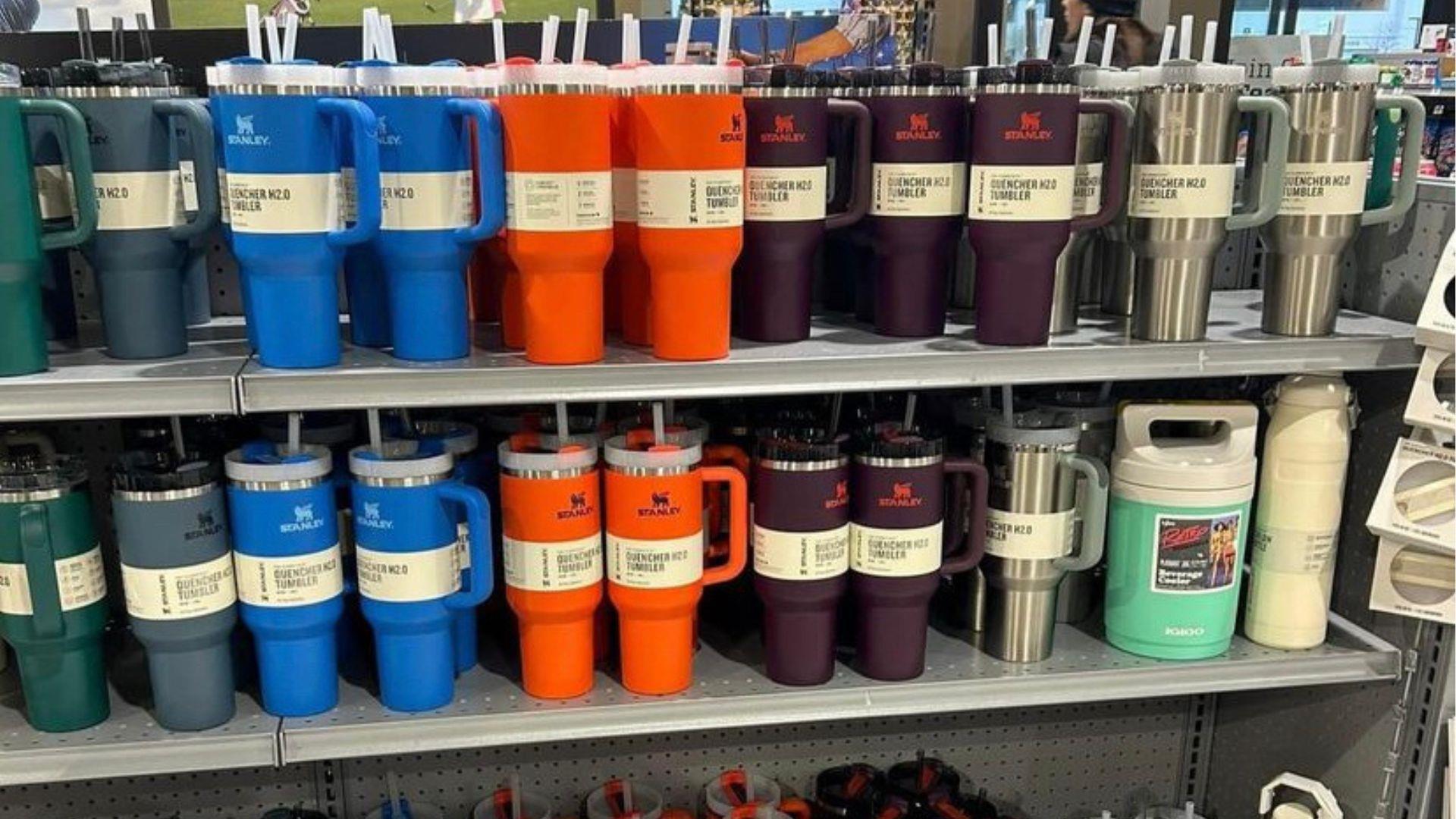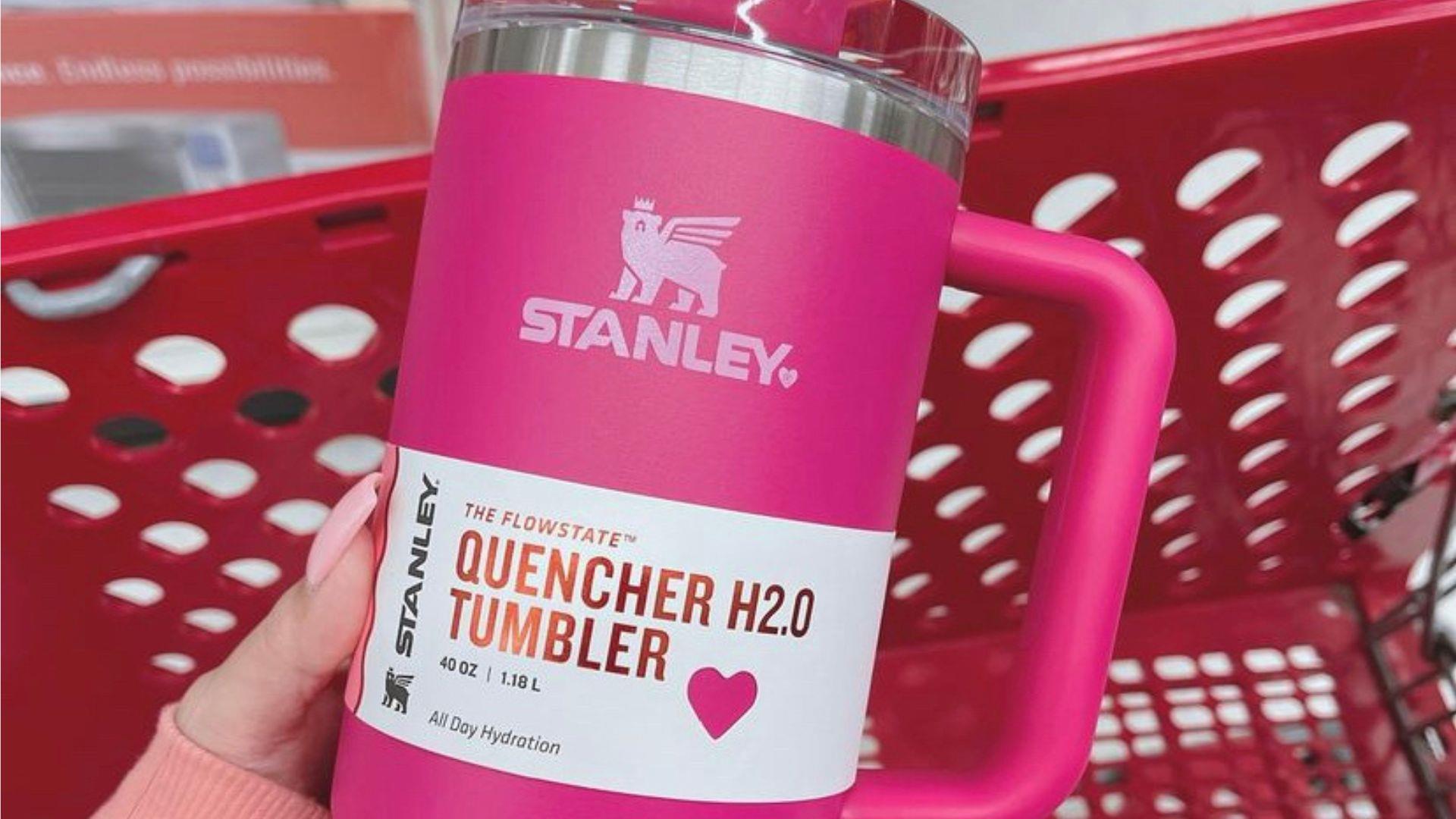Pacific Market International, the parent company of Stanley, is currently embroiled in legal proceedings. Accusations have been made that the company failed to inform consumers about the presence of lead in their popular tumbler products.
The lawsuit suggests that the company’s lack of transparency has potentially put consumers at risk.
The Presence of Lead in Stanley Tumblers

NBC News explains that the controversy centers on a specific component in the Stanley tumblers, which the company acknowledged in January contains lead.
Despite this admission, Stanley has reassured customers, stating, “Rest assured that no lead is present on the surface of any Stanley product that comes into contact with the consumer nor the contents of the product.”
The Allegations Against Stanley

In separate lawsuits filed against Stanley, two women, one from California and another from Nevada, have come forward after purchasing the brand’s tumblers from large retail stores, USA Today reports.
This lack of transparency is at the heart of the legal battle, with plaintiffs arguing that consumers had the right to be fully informed about the products they purchase.
Nevada’s Allegations: A Campaign of Deception

The Nevada plaintiff has accused Stanley of deliberately deceiving its customers by hiding the lead content in their tumblers.
The lawsuit suggests that Stanley was aware of the lead issue for a significant time but chose not to disclose it, aiming to protect their sales over consumer safety.
California’s Concerns: Hidden Risks and Inadequate Warnings

The lawsuit from California raises serious concerns about Stanley’s failure to inform consumers about the dangers of lead, even in minimal amounts.
The plaintiff argues that the company neglected to warn about the risks, leaving consumers unknowingly exposed to potential lead contamination, especially if the product’s seal is compromised.
Evaluating the Risk of Lead Exposure

Experts have weighed in on the matter, with some asserting that the risk of lead exposure from the tumblers is minimal.
A quote from Jack Caravanos, doctor of public health and professor of environmental public health sciences at New York University’s School of Global Public Health featured on NBC’s Today show, emphasizes this point: “There really is practically zero risk of you ingesting any of the lead that’s in this cup.”
CDC Weighs In: Risks of Lead in Consumer Products

A spokesperson for the U.S. Centers for Disease Control and Prevention highlighted the inherent risks associated with using lead in manufacturing consumer goods, particularly those used for food and drink.
The concern extends beyond consumers, with the spokesperson saying, “There is also a potential occupational safety risk for workers and, without proper safeguards, could be a risk for workers’ families through take-home lead exposures.”
Stanley Defends Its Safety Measures

Stanley has responded to the lawsuit by defending the safety of its products.
The company maintains that its products are safe for use, emphasizing that the lead component is not exposed to the consumer or the beverage inside the tumbler, aiming to reassure customers of the product’s safety.
The Impact on Stanley’s Revenue

Stanley’s tumblers have been a significant revenue source, reportedly bringing in $750 million annually.
The ongoing lawsuit and associated negative publicity could potentially impact the company’s financial performance, depending on how consumers respond to the allegations.
The Viral Spread of Tumbler Tests

Following the company’s disclosure, numerous Stanley tumbler owners took to social media to share videos of themselves testing their cups for lead.
This wave of user-generated content has brought significant attention to the issue, although experts have expressed skepticism about the accuracy of such at-home testing methods.
The Reliability of At-Home Lead Tests

The reliability of at-home lead testing kits has come into question amidst the viral trend of consumers testing their Stanley tumblers.
While these tests have fueled public concern, experts warn that such tests may not provide accurate or conclusive results regarding the presence of lead.
Legal Outcomes and Potential Consequences

The lawsuits seek not only to address the alleged lack of disclosure but also to compel Stanley to change its practices regarding lead use.
The legal outcome could set a precedent for how companies disclose material information about their products to consumers in the future.
